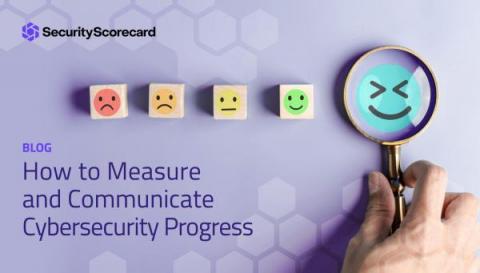Evolving Trends in the Cyber Insurance Market
Cyber insurance is the fastest-growing sector of the world’s insurance markets. But, a recent increase in ransomware attacks and business email compromises has led to a sharp uptick in claims, resulting in significant losses for cyber insurers and increased premiums. Cyber insurance customers need a way to increase their cyber resilience, reduce premiums, and improve their cyber postures.








